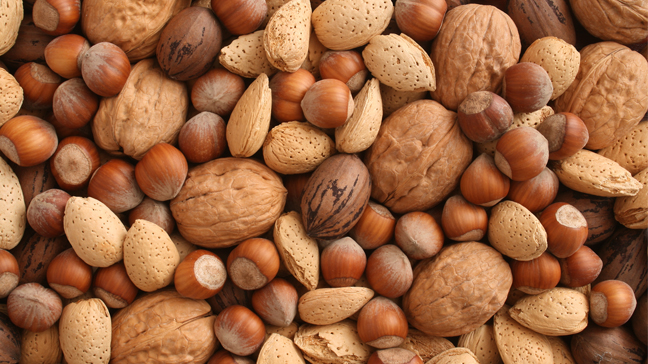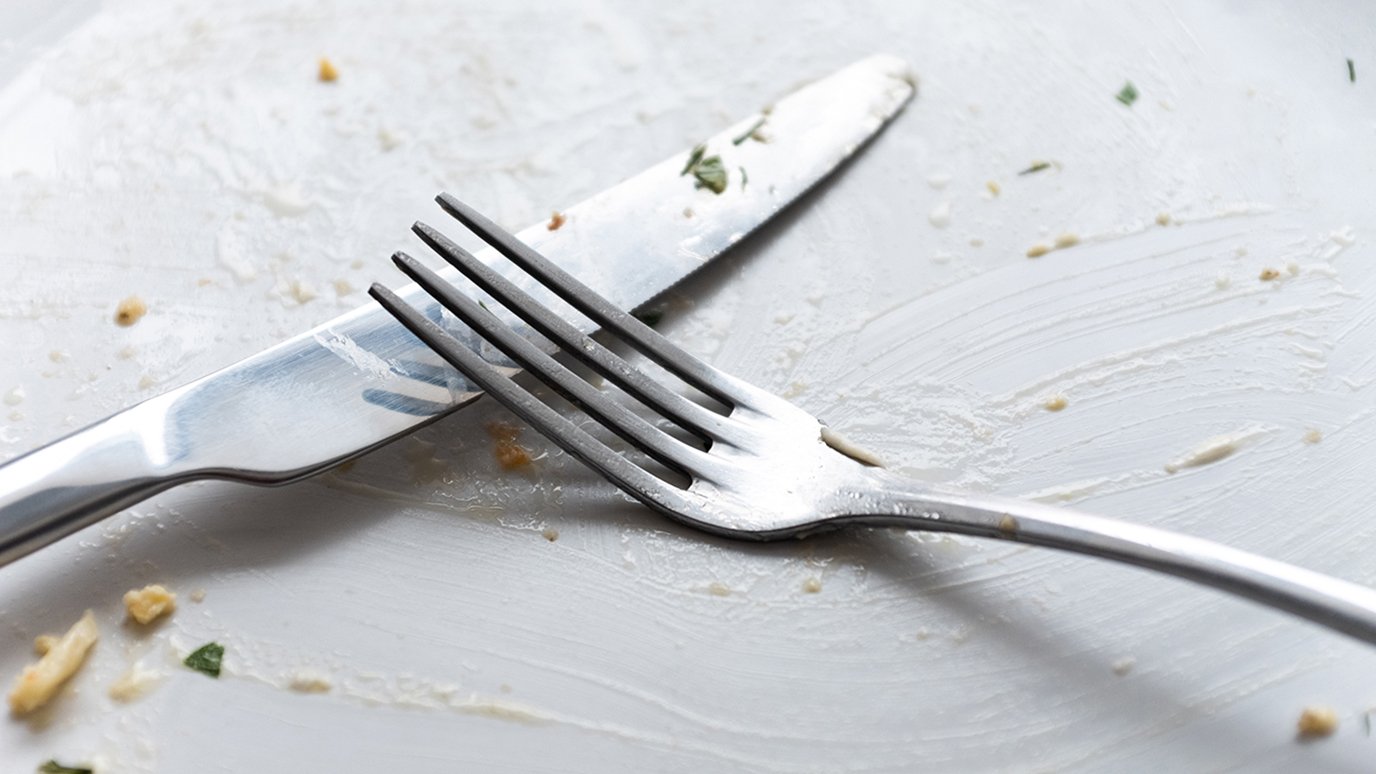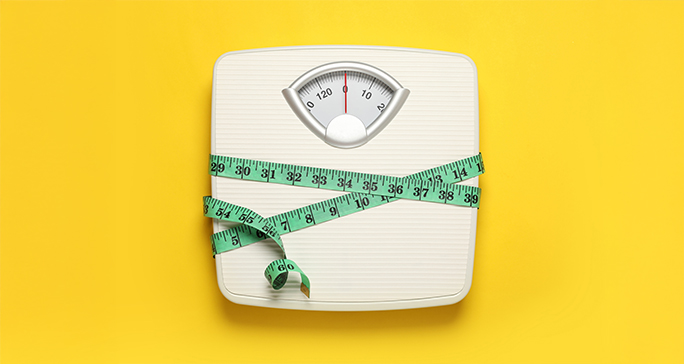- Diseases
- Acoustic Neuroma (16)
- Adrenal Gland Tumor (24)
- Anal Cancer (70)
- Anemia (2)
- Appendix Cancer (18)
- Bile Duct Cancer (26)
- Bladder Cancer (74)
- Brain Metastases (28)
- Brain Tumor (234)
- Breast Cancer (728)
- Breast Implant-Associated Anaplastic Large Cell Lymphoma (2)
- Cancer of Unknown Primary (4)
- Carcinoid Tumor (8)
- Cervical Cancer (164)
- Colon Cancer (168)
- Colorectal Cancer (118)
- Endocrine Tumor (4)
- Esophageal Cancer (44)
- Eye Cancer (36)
- Fallopian Tube Cancer (8)
- Germ Cell Tumor (4)
- Gestational Trophoblastic Disease (2)
- Head and Neck Cancer (14)
- Kidney Cancer (130)
- Leukemia (342)
- Liver Cancer (50)
- Lung Cancer (286)
- Lymphoma (278)
- Mesothelioma (14)
- Metastasis (30)
- Multiple Myeloma (100)
- Myelodysplastic Syndrome (60)
- Myeloproliferative Neoplasm (6)
- Neuroendocrine Tumors (16)
- Oral Cancer (102)
- Ovarian Cancer (178)
- Pancreatic Cancer (162)
- Parathyroid Disease (2)
- Penile Cancer (14)
- Pituitary Tumor (6)
- Prostate Cancer (150)
- Rectal Cancer (58)
- Renal Medullary Carcinoma (6)
- Salivary Gland Cancer (14)
- Sarcoma (238)
- Skin Cancer (302)
- Skull Base Tumors (56)
- Spinal Tumor (12)
- Stomach Cancer (66)
- Testicular Cancer (28)
- Throat Cancer (92)
- Thymoma (6)
- Thyroid Cancer (100)
- Tonsil Cancer (30)
- Uterine Cancer (86)
- Vaginal Cancer (18)
- Vulvar Cancer (22)
- Cancer Topic
- Adolescent and Young Adult Cancer Issues (22)
- Advance Care Planning (12)
- Biostatistics (2)
- Blood Donation (18)
- Bone Health (8)
- COVID-19 (360)
- Cancer Recurrence (120)
- Childhood Cancer Issues (120)
- Clinical Trials (628)
- Complementary Integrative Medicine (22)
- Cytogenetics (2)
- DNA Methylation (4)
- Diagnosis (240)
- Epigenetics (6)
- Fertility (62)
- Follow-up Guidelines (2)
- Health Disparities (14)
- Hereditary Cancer Syndromes (128)
- Immunology (18)
- Li-Fraumeni Syndrome (8)
- Mental Health (122)
- Molecular Diagnostics (8)
- Pain Management (62)
- Palliative Care (8)
- Pathology (10)
- Physical Therapy (18)
- Pregnancy (18)
- Prevention (940)
- Research (390)
- Second Opinion (78)
- Sexuality (16)
- Side Effects (616)
- Sleep Disorders (10)
- Stem Cell Transplantation Cellular Therapy (216)
- Support (408)
- Survivorship (330)
- Symptoms (182)
- Treatment (1794)
Artificial sweeteners vs. natural sweeteners: Which one is better?
4 minute read | Published March 25, 2025
Medically Reviewed | Last reviewed by Erma Levy on March 25, 2025
The baking aisle at the grocery store can be a little overwhelming. There are so many different ingredients — especially sweeteners. There’s granulated sugar, raw sugar and stevia, to name a few. But which one is best for your health?
“Even natural sweeteners like raw sugar and honey are considered ‘empty’ calories,” explains Erma Levy, a senior research dietitian at MD Anderson. “That’s because they add to your daily caloric intake without offering nutritional value. And those empty calories can increase your waistline as well as your cancer risk.”
Why sugar intake matters
At least 10 different types of cancer, including breast cancer, endometrial cancer and colon cancer, have been linked to obesity. Over time, regularly consuming too much sugar can lead to weight gain, which in turn can lead to a higher cancer risk. So, it’s wise to monitor your sugar intake.
The American Heart Association recommends the following daily limits on added sugar:
- Women: no more than six teaspoons (25 grams)
- Men: no more than nine teaspoons (36 grams)
But don’t just limit your daily sugar tallies to obvious sweets like soda, candy and pastries. Added sugars can also crop up in unexpected places. Be on the lookout for added sugars in products like pasta sauce, salad dressing, and ketchup.
“Overall, there is no health benefit to consuming any type of added sugar,” Levy says. “So, read the nutrition labels to make sure you’re eating only the recommended amount per day or less.”
Do ‘natural’ sweeteners offer any nutritional benefits?
Some of the most common natural sweeteners on the market today include:
- agave nectar
- cane sugar (powdered, granulated or raw, also called turbinado)
- coconut sugar
- corn syrup (and its more processed form, high fructose corn syrup)
- dates
- honey
- maple syrup
- molasses
But none of these are considered more virtuous than the others.
“At first glance, natural sweeteners like honey and maple syrup may seem healthier than their more highly processed counterparts,” explains Levy. “But the trace amounts of antioxidants, vitamins and minerals they contain are not enough to make a significant difference when it comes to your health.”
Unprocessed sweeteners aren’t necessarily better than processed ones
You also might think that unprocessed sweeteners are somehow “better” or “healthier” choices than their more refined brethren. But that is not necessarily the case.
“All sugar has calories,” notes Levy. “It doesn’t matter where they come from. Raw honey may be made by bees and considered ‘unprocessed,’ and maple syrup may come from trees, but they still have calories. There is no one sweetener that’s better than all the others.”
What to know about artificial sweeteners
Artificial sweeteners are synthetic sugar substitutes created in a lab. Some have few calories, while others have none at all. Even so, Levy recommends limiting or avoiding these products.
“Some studies done with laboratory animals have found links between artificial sweeteners and cancer,” she says. “And while there is no proof that artificial sweeteners cause cancer, it’s best to avoid them or consume them in moderation.”
Common artificial sweeteners include:
- Acesulfame K
- Aspartame
- Saccharin
- Sucralose
- Xylitol
These products often go by their brand names, too, so be sure to check the label.
What about stevia?
As an alternative to sugar, stevia falls into a gray area. Technically, it is made from a plant, so it’s not artificial. But it also has zero calories. So, that should make it a better choice, right?
Levy says not necessarily.
“The problem with zero- and low-calorie sweeteners is that they are often many times sweeter than real sugar. Consuming them can start changing your tolerance for sweetness and reset your entire perception of it,” says Levy. “That can lead you to consume even more sugar than you normally would, in a quest for sweetness. And that, in turn, can hinder your weight management efforts.”
So, which sweetener should you choose?
If artificial sweeteners are best avoided, caloric sugars should be limited, and even stevia might make you crave more sweets, what should you put in your coffee?
“Sugar is sugar,” says Levy. “And any ingredient with an ‘-ose’ on the end of it means sugar is present. So, read the labels on the products you’re considering carefully to see where the source of sweetness is coming from. Then make your decisions accordingly.”
Request an appointment at MD Anderson online or call 1-877-632-6789.

No one sweetener is better than all the others.
Erma Levy
Senior Research Dietitian





